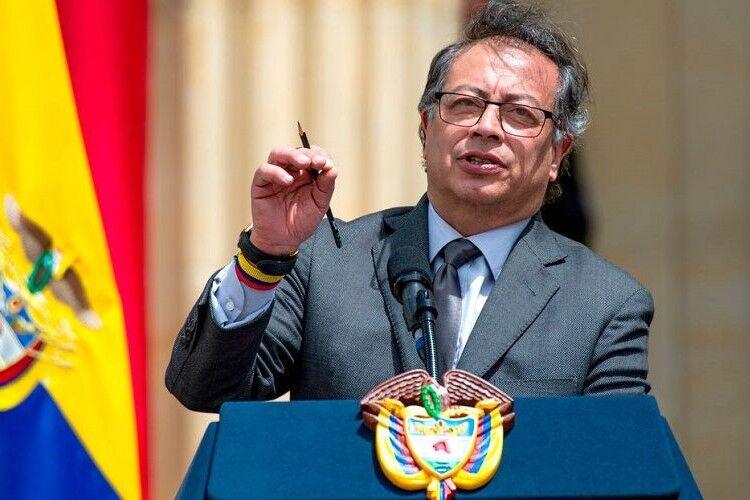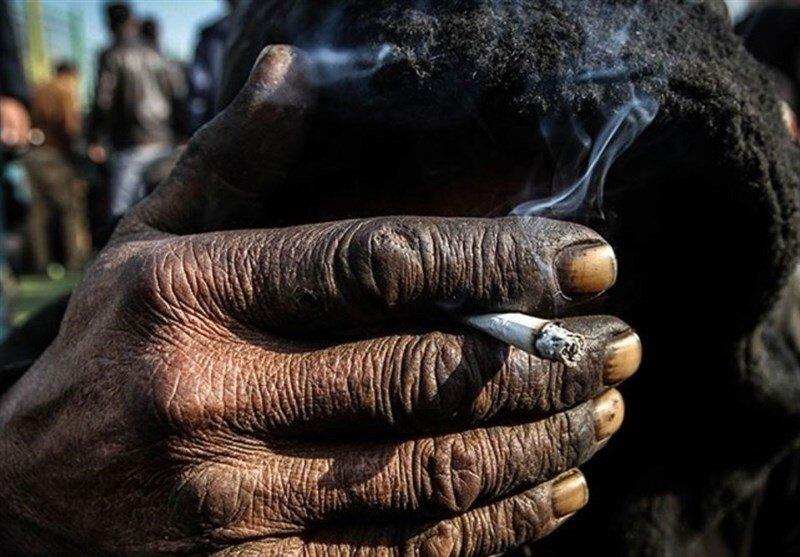Iranian press review: Russia delivered Su-35 jets to Iran, or did it?
Iranian press review: Russia delivered Su-35 jets to Iran, or did it?

MP claims Russian fighter jets delivered
A claim by an Iranian lawmaker that Russia has delivered MiG-29 and Sukhoi Su-35 fighter jets to Iran has made headlines across Iranian media, though no official sources in either country have confirmed it.
On Wednesday, local outlets published a video interview with Abolfazl Zohrevand, a member of the Iranian parliament’s National Security Commission. In the interview, Zohrevand announced that MiG-29 jets had arrived in Iran and suggested that Su-35 fighters, as well as the S-400 and Chinese HQ-9 defence systems, were also on their way.
While his remarks were vague and stopped short of a clear confirmation, Persian-language media widely circulated the statement.
“The MiG-29 has arrived in Iran, [it has arrived] in Shiraz. The Su-35 is also coming, this is ongoing. The HQ-9 is also coming. The S-400 has also arrived. More work is under way,” Zohrevand said in the video.
Iran has long sought to purchase advanced Su-35 fighter jets from Russia, but the Kremlin has never publicly agreed to such a deal.
Analysts have often argued that Moscow’s hesitation stems from its ties with Israel, noting that the jets could pose a serious challenge to Israeli air power.
A month after Israeli and US strikes on Iran, Khabar Online reported that Moscow had declined to supply Su-35 fighters because of unwritten agreements with Israel aimed at preventing Iran from gaining air superiority.
Following the June attacks, former Iranian diplomat Seyed Hossein Mousavian also highlighted the stalled deal. He described it as evidence of Russia’s reluctance to jeopardise Israel’s security, despite its extensive military and economic cooperation with Tehran.
Calls grow to withdraw from NPT
Pressure is mounting in Iran to withdraw from the Nuclear Non-Proliferation Treaty (NPT) after nine UN Security Council members voted to reimpose international sanctions on Iran at the request of France, the UK and Germany under the 2015 deal’s snapback mechanism.
Ali Shariatmadari, a representative of Iran’s supreme leader, called for withdrawal from the NPT in response to the move. He argued that Iran’s membership in the treaty had weakened national security and paved the way for the US and Israeli attacks in June.
He dismissed claims that leaving the NPT would increase international pressure on Iran, asking: “Didn’t they attack our country’s nuclear facilities while we were still in the NPT? What are you waiting for? Why are you still hesitating?”
Hossein Ali Haji Deligani, a member of parliament, also criticised the agreement signed by the foreign minister and the head of the International Atomic Energy Agency (IAEA) in Cairo on 9 September to continue cooperation with the IAEA.
He said the deal contributed to the return of sanctions and warned: “The Europeans will only back down when they see Iran’s strength.”
Deligani added that parliament had already examined the possibility of withdrawing from the NPT and had prepared 10 separate proposals for doing so.
Sanctions drive currency to record low
Concerns over the Iranian economy have deepened after western countries moved to reimpose international sanctions related to Tehran's nuclear programme.
In the first reaction from the markets, the Iranian rial dropped to a record low of 1,063,000 against the US dollar at the start of this week.
Local media reported that the rial has been sliding since Israel's June attacks on military and civilian facilities, followed by US attacks on nuclear sites. On Monday, it hit a new record low.
On 12 June, the day before the Israeli strikes, one US dollar traded at 920,000 rials on the open market.
Economists warn that without an agreement with western powers on the nuclear programme, Iran could face runaway inflation and deeper structural problems in its economy.
Jamshid Pishmoghadam, an economics expert, said the renewed sanctions will further cut the country’s oil and gas sales abroad.
“This crisis could reach an explosive point with two external factors,” he said. “The first is tighter sanctions and the activation of the ‘snapback mechanism.’ In such a situation, Iran’s oil exports, which mainly go to China, may drop sharply.”
Economist: Poverty is bigger threat than war
An Iranian economist has warned that favouritism and corruption are at the heart of Iran’s economic problems, as the country faces renewed international sanctions.
According to the ISNA news agency, Hossein Raghfar, a university professor and economist, said that Iran’s economic problems have deepened with the return of sanctions.
However, he added that the establishment’s favouritism to keep the stock market alive and its spending on car imports are making life harder for ordinary people.
“In the past three weeks, [the establishment] paid 600 trillion rials (more than $560m in the open market) to keep the stock market afloat. This has nothing to do with the country’s economic security, because as long as there is no production, the stock market is meaningless. This money only secures the interests of a few groups,” he said.
He also pointed to spending that, in his view, does not help the struggling economy. Last year, he said, $3.5bn was spent on car imports, $4bn on car parts, and $8bn on gold imports.
“The biggest threat to our country right now is not a military attack by the United States or Israel, or the snapback mechanism,” he added.
“The real threat is the spread of poverty. Wrong policies such as imports, corruption, and currency outflows have hit people’s lives hard.”
* Iranian press review is a digest of news reports not independently verified as accurate by Middle East Eye.









